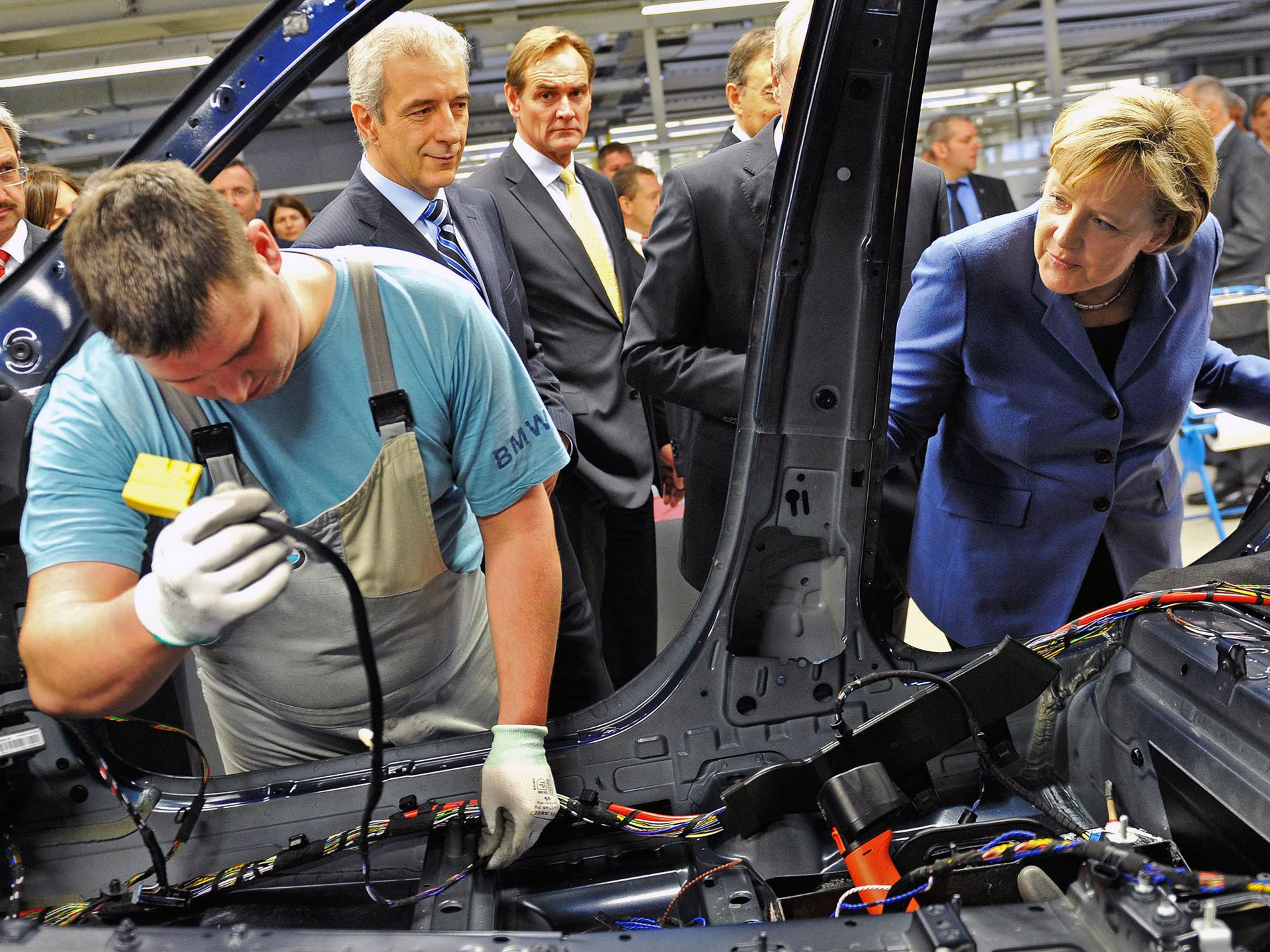Europe’s Leader In Plastıcs
EUROPE HAS A PLASTICS MARKET THAT GENERATES 448 MILLION TONS OF DEMAND PER YEAR. THIS DEMAND IS CHARACTERIZED BY HIGH QUALITY AND PERFORMANCE EXPECTATIONS. THERE ARE FOUR EUROPEAN COUNTRIES AMONG THE TOP TEN PLASTICS PRODUCERS, AND THE LEADER OF THIS QUARTET IS, AS ALWAYS, GERMANY.
Plastics are an indispensable part of modern life. Improved living standards, growing environmental awareness and the idea of sustainable development are driving the demand for new and innovative material solutions. At this juncture, it is inevitable that plastics, as the newest/most innovative material, will be used in construction, wind turbines, solar panels, and even state-of-the-art sporting apparel. With sales of over €90 billion, Germany continues to lead the European plastics industry as the continent’s biggest producer of chemicals and plastics.
The plastics industry is one of the foremost industries in Germany as well, since it provides new and innovative products and solutions for a number of key industries including auto-motive, mechanical engineering, packaging, electrical engineering, and construction. Production growth, particularly in carbon composites, and market trends’ swift orientation towards Industry 4.0 are two of the observable features of domestic plastics industry.
A few of the factors that underlie the success of the German plastics industry are its indisputable “high standards”, its location in the European market, its network infrastructure, which provides all market actors with easy access, and its chemical parks (in Hamburg, Berlin, Düsseldorf and Munich), which are formed in a cluster model.
The Plastics Value Chain
As a cross-sectional material, plastics are vital to technological innovation: without them the basic materials required to make and realize new innovations simply would not be available. The plastics industry in Germany operates from a position of strength. Innovative plastics production and processing companies (i.e. plastics compounders and plastics converters) located in Germany play a significant role in shaping the global plastics market; that they are able to do so is testimony to the country’s highly developed plastics industry value chain infrastructure. Networks within the value chain encompass the different steps of the value chain (vertical networking) as well as those of the different sec- tors and disciplines (horizontal networking). As a result, innovations with a particularly high value chain potential are created. These are accordingly transformed into marketable products and services.
World Innovation Leader
Complete industry value chain presence ensures that new and innovative products are made to
the highest possible technological standards. More than 2,800 chemistry-related patents granted at the European Patent Office in 2013 make Germany the third largest inventor of chemicals after the US and Japan.
Photo By KUKA AG
Value Chain Benefits
Germany’s unique industry value chain infrastructure secures the country’s position as Europe’s leading “value added at factor cost” and “gross investment in fixed assets” plastics processing na-tion. As well as benefiting from the highest standards and industry leadership, investors in Germa-ny’s thriving plastics sector are able to take advantage of excellent partnership and synergy oppor-tunities. New investors are provided with unparalleled access to local enterprise partners; domestic, regional, and international markets; state-of-the-art chemical competence center and cluster infrastructure; and a truly world-class R&D network.
Sustainable Solutions and Market Growth
Germany’s unique value-chain system recognizes the fact that plastics not only make sustainable solutions a reality, but that they are also a long- term driver of market growth. For that reason, in-novative networks and chemical-plastics industry clusters are present along the whole value chain of raw materials suppliers, plastics manufacturers, plastics processors, plastics machinery manu-facturers, product distributors, and plastics end-of-life businesses. Around 400 machinery and plant engineering companies have signed up for the “Blue Competence” (www.bluecompetence.net)” initiative to increase energy efficiency and plastics recycling quality.



